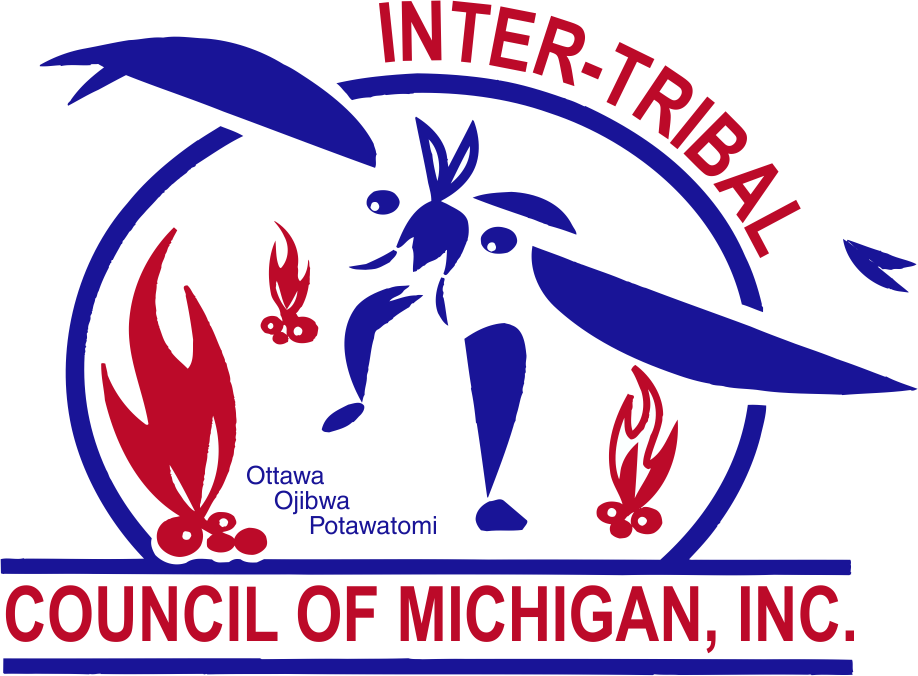Category: Environmental Programs
Environmental Programs
Manoomin Stewardship
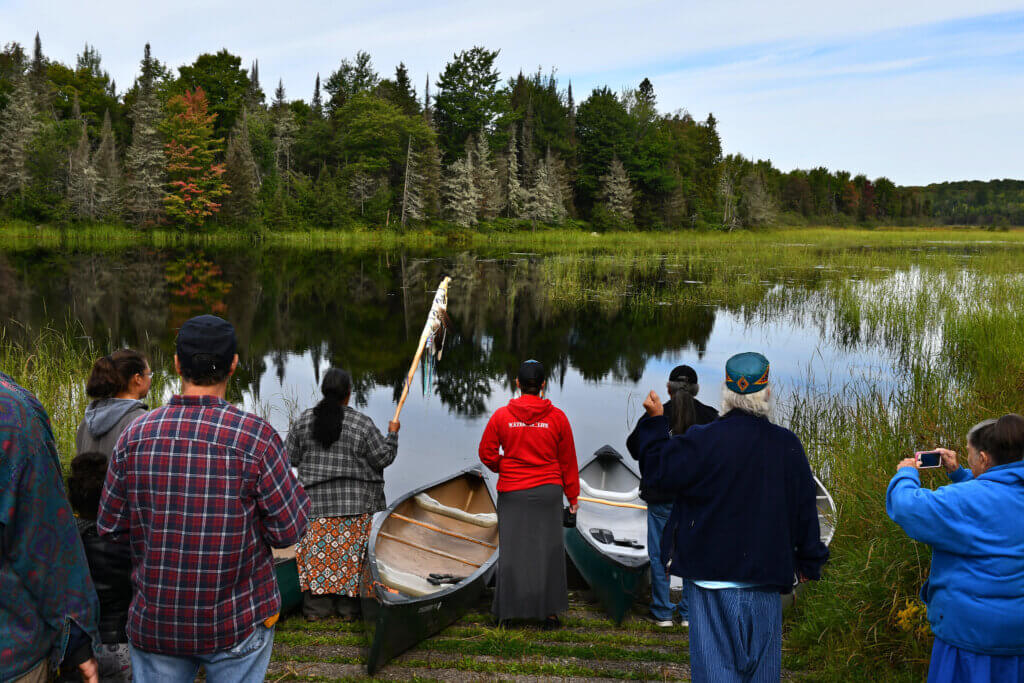
About We All Live Together in a Good Way with Manoomin: Stewardship Guide
The Michigan Wild Rice Initiative is a collaboration between the twelve federally recognized Anishinaabe nations that share geography with the state of Michigan and several Michigan state agencies. Since 2017 this group of managers and specialists has worked together to protect, preserve and restore Manoomin and its culture for the benefit of current and future generations. Co-chaired by a state and Tribal representative, the Michigan Wild Rice Initiative also has sub-committees to address education and outreach, monitoring and restoration, and policy and protection and draws members from both the Initiative and federal agencies, conservation NGOs, colleges and universities.
As part of this work, they released We all live together in a good way with Manoomin: Stewardship Guide in 2025. This document is different from similar documents because it includes ways of conveying important information through traditional stories and Anishinaabe-centered language. It prioritizes an Anishinaabe perspective because they are the original people to enjoy relationship with Manoomin. Some may find the language and ideas in the document come from a world view that they, as readers from a western perspective, might not recognize or understand.
“Don’t take the document in one sitting,” says Roger LaBine, Manoomin Chief of the Lac Vieux Desert Band of Lake Superior Chippewa. “It was a document drafted with input by many and captures the heart of the whole group. It outlines well what the goals and objectives should be and where we need to go. There’s a lot of knowledge that needs to be digested, absorbed and thought about.”
Download Manoomin Stewardship Guide
Thank you for your patience while the pdf preview below loads.
Environmental Programs
Underground Injection Control
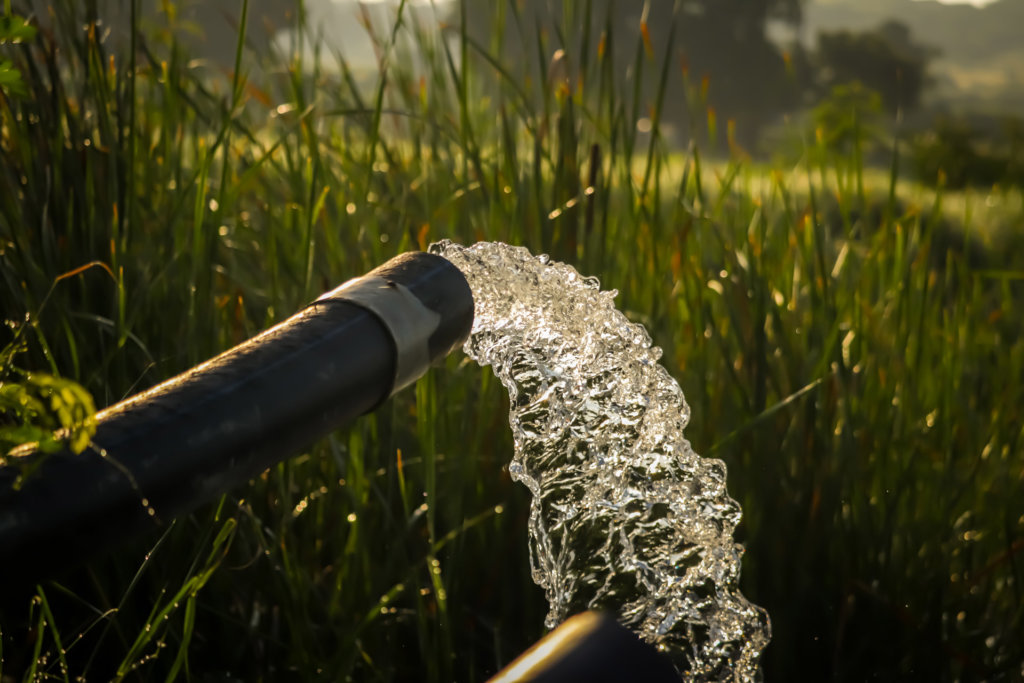
Funded by U.S. Environmental Protection Agency
This DITCA will generate an inventory of facilities that may be regulated under 40 CFR Part 144 (UIC regulations) and are located within the exterior boundaries of the participating tribes. The inventory will consist of a completed spreadsheet listing the facilities identified. Facilities that could generally pose the greatest threat to groundwater would be identified first, followed by the remaining regulated facilities. A map will be provided with sufficient detail to locate each of the identified facilities. The inventory information will initially be sent to each participating Tribes Environmental or Natural Resources Office, and then be entered by U.S. EPA into a Class V inventory review database to be used for planning follow-up inspections by the UIC inspector while conducting outreach and compliance inspection activities.
Environmental Programs
Water and Air Quality
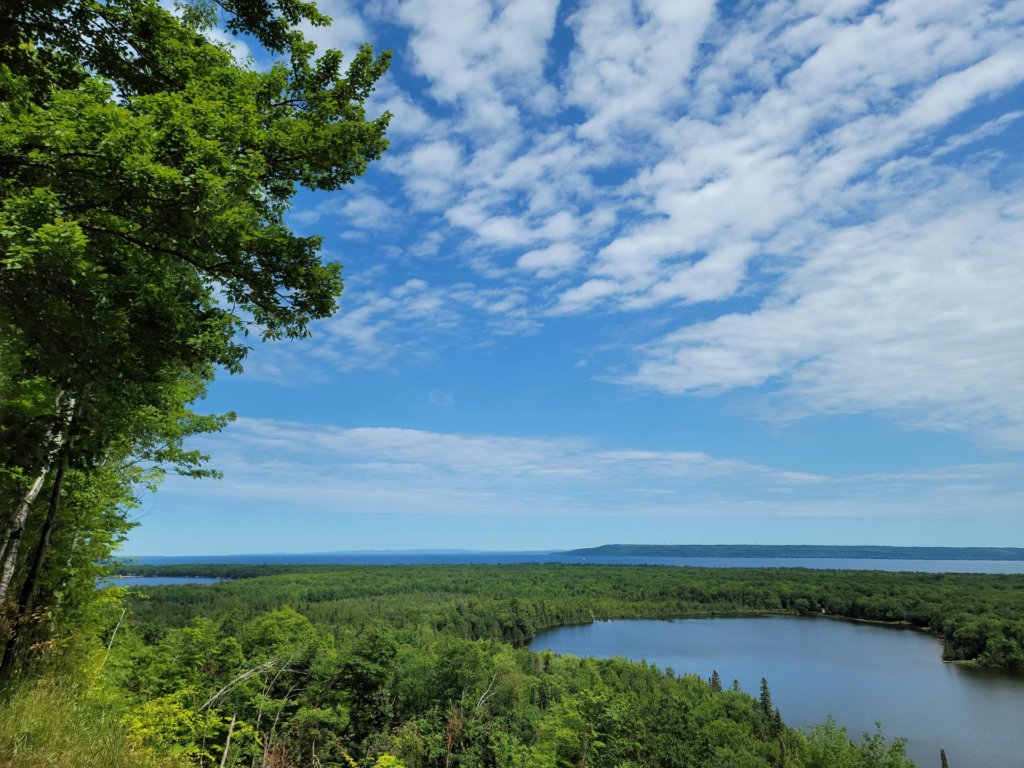
ITCMI Environmental Services assists tribes with source water protection, watershed management planning, indoor and ambient air assessments, and water and air permitting issues. Contact our staff with questions about how we can assist with water and air quality issues.
Environmental Programs
Underground Storage Tank Program
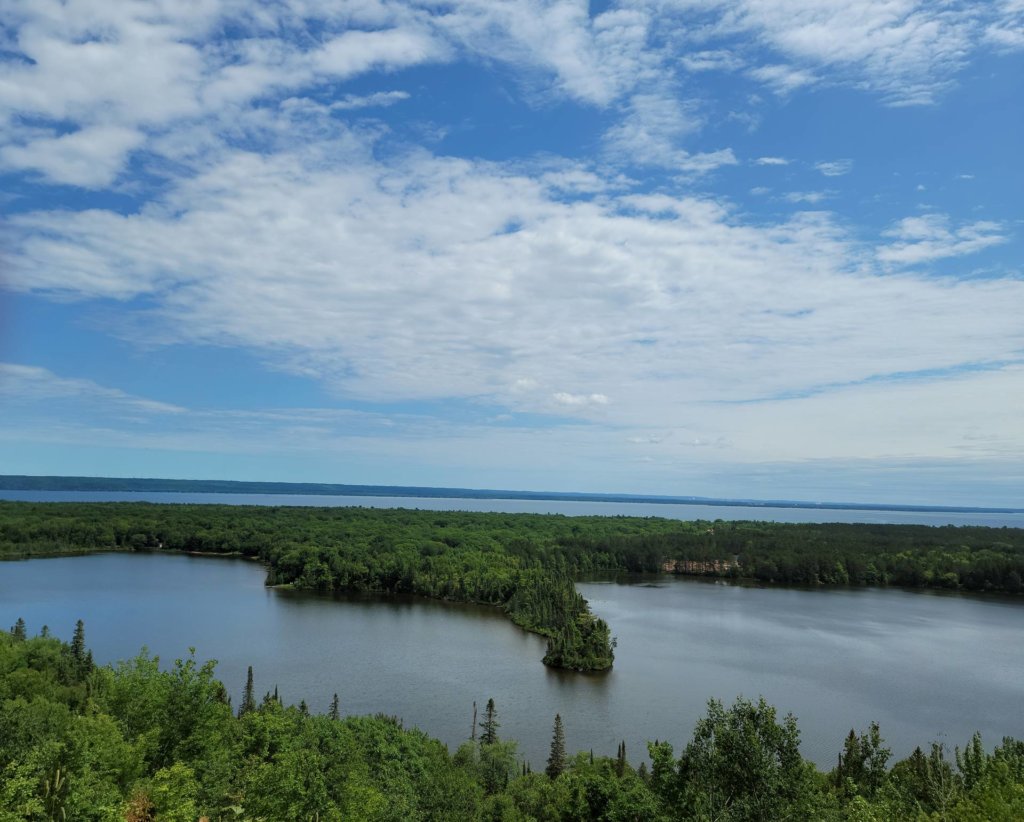
Funded by U.S. Environmental Protection Agency
https://www.epa.gov/ust/musts-us
This project allows ITCMI Environmental Services Department to provide direct assistance to the owners and operators of underground storage tanks (fuel service stations), to ensure that RCRA Subtitle I is fully implemented in Indian Country. The compliance inspector travels to the stations located within the exterior boundaries of the reservations, and provides education and recommendations to make sure the station is following the federal regulations for underground storage tanks. These site visits include a check for proper record keeping, as well as a physical inspection of the equipment on-site.
There are currently thirty five (37) regulated facilities located within the boundaries of the participating tribal reservations. The compliance inspector visits each regulated UST facility at least once every three years. Compliance assistance is offered to all participating Tribes when requested. By providing compliance assistance, the Tribes can not only be re-assured protection of their groundwater, but also be prepared before EPA or other credentialed inspector conducts an inspection of their facility.
Contact
Greg Shubel
Compliance inspector/Geologist
Inter-Tribal Council of Michigan Inc.
Environmental Services Division
2956 Ashmun St. Suite A
Sault Ste. Marie, MI 49783
Phone: 906.632.6896 ext 117
Fax: 906.635.4212
Email: gshubel@www.itcmi.org
Environmental Programs
Environmental Health and Services
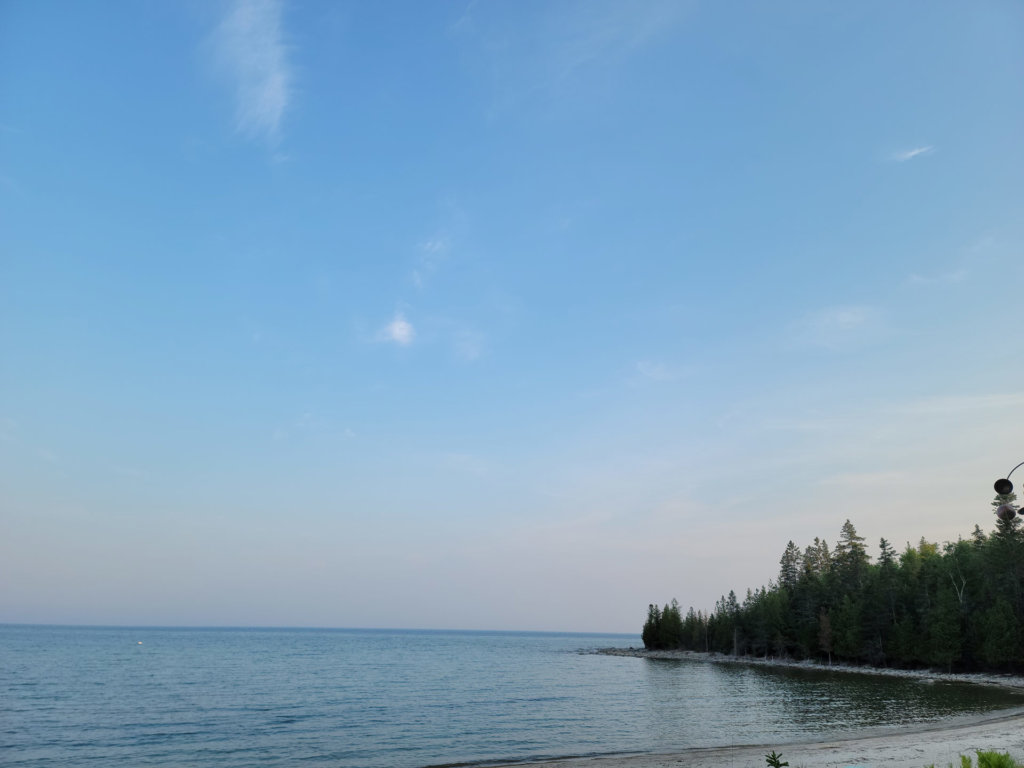
In general, sanitarians work to prevent or minimize the impact from environmental health issues by evaluating programs and facilities for compliance with relevant health and safety regulations and occurrence of potential environmental health hazards. Regular duties may include: surveying public facilities (i.e. water and sewer systems, restaurants, hotels, hospitals, and swimming pools) for compliance with applicable regulations, codes, or ordinances; investigating disease outbreaks, chemical exposures, and public health nuisances and emergencies; and providing technical assistance and information to members of the general public to assist them in dealing with health and safety issues.
Currently, ITCMI sanitarians conduct annual health and safety surveys of public facilities and programs on tribal lands. The purpose of surveys is to identify potential environmental health and safety issues and recommend potential corrective actions for minimizing or eliminating health and safety risks altogether. Applicable federal health and safety regulations are used as a basis for conducting facility surveys. Facilities regularly surveyed include:
- Hotels
- Casinos
- Swimming pools
- Schools and similar educational institutions
- Head Start facilities
- Public playgrounds
- Campgrounds, RV Parks
- Health Centers
- Elder care and assisted living facilities
- Office spaces and community buildings
- Restaurants, markets, and other food establishments (including powwows and other temporary food events)
After each facility survey or evaluation ITCMI sanitarians will issue a detailed report summarizing the results. Reports are advisory in nature, based on applicable federal guidelines, and offer a recommended corrective action and time frame for resolution of issues observed during the survey. This report is then sent to the appropriate tribal officials so that the recommendations can be resolved to reduce the risk of injury or illness.
Biannual food safety evaluations based on the Food and Drug Administration’s (FDA) Model Food Code are recommended for all permanent and temporary tribal food establishments. Additionally, we offer to conduct plan reviews for new and remodeled food establishments for adherence to National Sanitation Foundation (NSF) standards. Moreover, ITCMI Sanitarians offer diverse training opportunities for food service workers. Bill Bernier is a certified ServSafe Instructor and offers the 8-Hour ServSafe Food Protection Manager certification course to tribal employees. We also offer a basic food safety short course for all tribal members and employees who do not require certification as a Food Protection Manager but are still potentially working with food.
In addition to facility surveys and training, ITCMI Environmental Health Specialists are regularly called upon to offer technical assistance to tribes when dealing with a variety of health and safety issues. Indoor air pollutant assessments (including for mold and associated water damage), cross connection surveys, and sanitary surveys of public water systems are some of the regular duties carried out by ITCMI Sanitarians.
Environmental Programs
Forest & Wetlands
ITCMI Environmental Services assists tribes with forest and wetland inventory, delineation, management planning and permitting, with an emphasis on tribal cultural resources and traditional knowledges, to enhance forest health and productivity. For more information, contact our staff.

Environmental Programs
Climate Control
ITCMI Environmental Services facilitates climate adaptation efforts to assess and plan for climate-driven change, with the goals of protecting and enhancing tribal natural and cultural resources and ways of life. For more information, contact our staff.

Highlighted Resources
Environmental Programs
Lead Testing in Drinking Water - Childcare Facilities

With funding made available by the U.S. Environmental Protection Agency, through Section 1459A of the Safe Drinking Water Act, ITCMI, in collaboration with IHS, is undertaking the testing of Tribal schools and childcare facilities for lead contaminated drinking water. ITCMI and IHS will provide lead testing to participating schools/childcare facilities based on prioritization of facilities which serve more vulnerable populations (under age of six) and based on the age of infrastructure at facilities that are likely to contain lead plumbing or lead-containing fixtures.
Goal
Through this program ITCMI will implement the EPA’s 3Ts guidance as the method to:
1) Communicate, throughout the implementation of the program, the results and important lead information to the public, parents, teachers, and Tribal community;
(2) Train on the risks of lead in drinking water and testing for lead, as well as developing key partnerships to support the program;
(3) Test using appropriate testing protocols and a certified laboratory; and
(4) Take Action, including the development of a plan for responding to results of testing conducted and addressing potential elevated lead where necessary.
Contact
For more information regarding the Water Infrastructure Improvements of the Nation (WIIN) Act please visit https://www.epa.gov/tribaldrinkingwater/wiin-act-section-2107-lead-testing-school-and-child-care-program-drinking-water or contact:
Dustin Paras
Environmental Specialist
Inter-Tribal Council of Michigan
9066326896 x127
dustin.paras@itcmi.org
